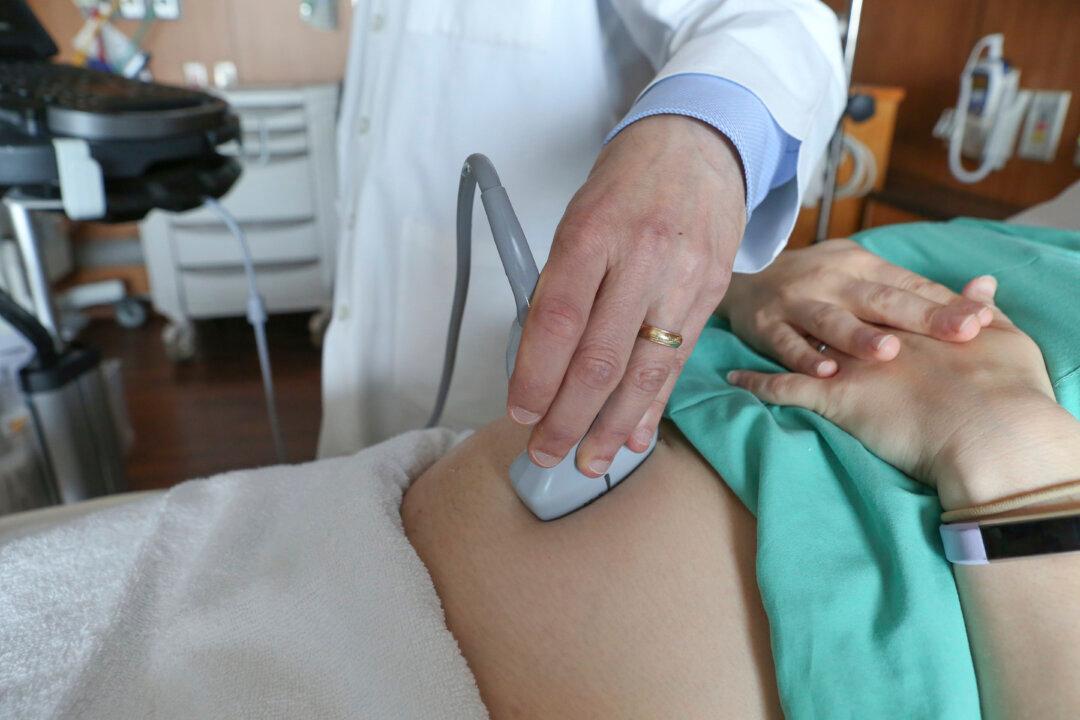The California State Legislature passed a controversial bill Aug. 30 to decriminalize fetal and infant deaths that are considered “pregnancy losses” potentially up to several days after birth, including stillbirths caused by drug use, with opponents saying the bill’s language could decriminalize infanticide and all forms of abortion despite several amendments made earlier this year.
Gov. Gavin Newsom has until the end of September to veto the bill or sign it into law.





